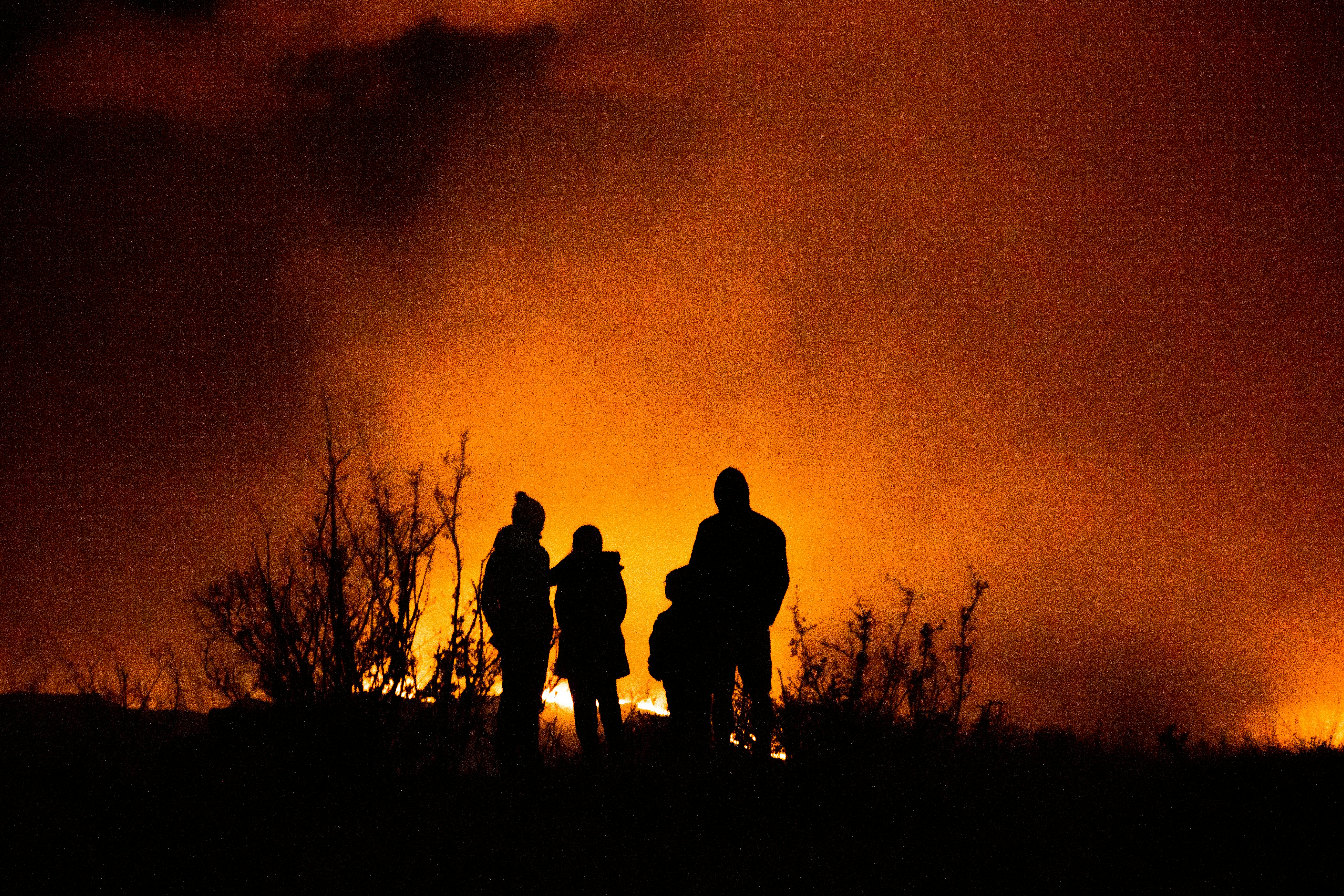OUR RESEARCH
At the Lichter GreenHealth Lab, we are reimagining the future of cancer care—one that protects both patient health and planetary health. Started at UCSF, now based at Dartmouth Cancer Center, our work focuses on understanding and reducing the environmental impact of cancer care delivery while building resilience in the face of climate change.
We use the cancer care continuum—especially breast cancer care—as a model to identify actionable opportunities for climate mitigation and adaptation that can be translated across oncology and broader healthcare systems.
Our research falls into three interconnected focus areas:
Climate Change & Cancer Outcomes
We study how climate-related environmental exposures—such as wildfires, air pollution, and flooding—affect cancer development, treatment disruptions, and outcomes.
Key projects include:
Wildfires and Cancer Care Disruption: Multi-site analysis of patient access and radiotherapy compliance during wildfire events in the U.S.
Upper Valley Climate-Health Risk Mapping: Exploring links between regional environmental exposures and cancer burden in New Hampshire and Vermont.
Climate Resilience in Oncology: Developing tools to strengthen system-level resilience to climate disruptions in cancer care delivery.

Environmental Impacts of Cancer Care Delivery
We identify and quantify the environmental 'footprint' of health systems & cancer care across the clinical pathway—from screening and diagnosis through treatment and survivorship.
Key projects include:
Life Cycle Assessment (LCA) of Radiation Therapy: A national analysis of the carbon footprint of radiotherapy, including hypofractionation and system-level levers for decarbonization.
Energy and Emissions in Imaging: Assessing the energy use and carbon intensity of breast cancer imaging (e.g., MRI, mammography) in partnership with radiology collaborators.
Plastic Waste in Oncology: A systematic review of medical plastic use across cancer care, focused on identifying high-impact, low-cost alternatives.

Pathways to Action: Tools for Sustainable, Resilient Care
We are creating actionable tools and metrics to support decarbonization and resilience efforts across cancer centers, starting with Dartmouth and scalable to national models.
Current initiatives:
SUSTAIN (Sustainable Transformation in Breast Imaging and Radiology): A pilot project to integrate environmental metrics into breast imaging decisions, with future applications in screening policy and reimbursement models.
Scoping Review of the Cancer Care Pathway: Mapping high-impact intervention points for sustainability across the cancer care continuum, from diagnostics to survivorship.
Development of Nomogram-Based Tools: Visual and data-driven decision tools to integrate environmental impact alongside quality and cost metrics in cancer care delivery.

Why Cancer Care?
Cancer centers are uniquely positioned to lead in sustainable healthcare transformation. They encompass nearly every component of modern healthcare—from imaging to surgery to systemic therapy—and serve patients who often engage longitudinally with the system. By focusing on oncology, we can model scalable, system-wide solutions that align environmental sustainability with high-quality, patient-centered care.